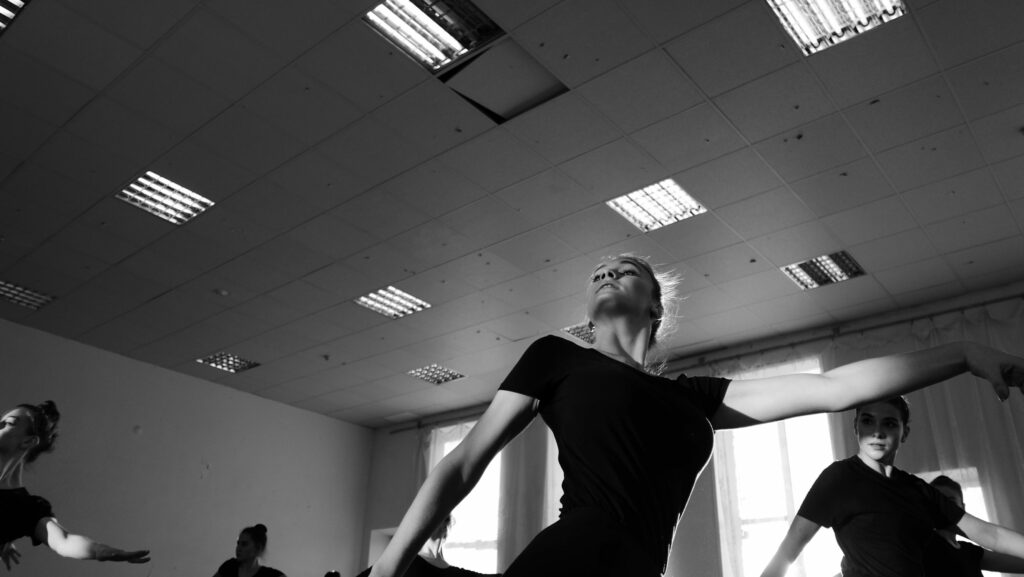There’s something magical about the moment music starts and your body instinctively begins to move. Whether it’s the beat of a lively salsa, the grace of a waltz, or the energy of hip-hop, dance is where rhythm and expression collide. But the true magic — the kind that turns a casual mover into a confident dancer — isn’t just in the music. It’s in the practice. Attending regular dance classes Castle Hill isn’t just about learning steps; it’s about building a habit that transforms both skill and self-confidence over time.
Routine practice may sound like a commitment of time and effort, but it’s the key to unlocking your potential. Those who commit to showing up week after week often find the changes go far beyond their dancing ability. Improved coordination, better posture, increased stamina — and yes, a noticeable boost in mood — are just the start. Each session adds a layer of skill and familiarity, creating progress that feels natural rather than forced.
The beauty of practice is that it works quietly in the background. You might not notice your improvement from one class to the next, but over months, the difference becomes undeniable. That’s the power of consistency: it allows small gains to build into something remarkable.
Building Muscle Memory
One of the biggest benefits of routine practice is developing muscle memory. This is when your body “remembers” movements so well that they become automatic. At first, a new step may require intense concentration, but over time, it flows without conscious effort. Muscle memory frees your mind to focus on style, expression, and enjoying the music rather than worrying about what comes next.
Boosting Confidence on and off the Dance Floor
Confidence isn’t something that appears overnight. It’s built through repeated experiences where you feel yourself improving. Each successful step or sequence fuels the belief that you can handle the next challenge. Over time, this confidence often spills into other areas of life — whether it’s giving a presentation at work, meeting new people, or simply walking into a room with better posture and presence.

Improving Physical Fitness Naturally
The fitness benefits of dance are no accident. Regular practice strengthens muscles, improves flexibility, and boosts cardiovascular health. Because it’s engaging and fun, many dancers stick with it far longer than they would with a traditional workout routine. And unlike repetitive gym exercises, dance works multiple muscle groups at once, enhancing both strength and agility.
Sharpening Mental Skills
Dance is as much a mental exercise as it is a physical one. Remembering choreography, anticipating music changes, and synchronising with a partner all sharpen focus and memory. Over time, dancers often notice improvements in multitasking, problem-solving, and even creativity — skills that are valuable in everyday life.
Staying Motivated Through Structure
A routine keeps you accountable. When you commit to regular classes, practice becomes part of your schedule rather than something you “fit in when you have time.” The structure helps you push through days when motivation is low, ensuring you keep making progress even when you don’t feel like it.
The Role of Feedback in Growth
One of the often-overlooked benefits of regular classes is feedback from instructors. Corrections help you avoid bad habits, refine your technique, and reach new skill levels faster. Feedback also reinforces progress — reminding you how far you’ve come and what’s possible with continued effort.
Making Practice Enjoyable
Routine doesn’t have to mean repetitive or boring. Mixing up styles, practicing with different partners, or setting personal goals can keep sessions fresh and exciting. Some dancers record themselves to track progress, while others challenge themselves with a new style each month.
Small Steps, Big Results
The transformation that comes from routine practice doesn’t happen in dramatic leaps. It happens in the quiet, consistent steps you take each week. A slightly cleaner turn. A more fluid transition between steps. Greater control over your movements. These small wins stack up, creating a noticeable difference over time.
Dance is more than movement — it’s a conversation between your body and the music. Routine practice ensures that conversation becomes richer, more confident, and more expressive with each passing week. By committing to regular sessions, you’re not just improving your dancing; you’re investing in yourself. And that’s a rhythm worth keeping.

